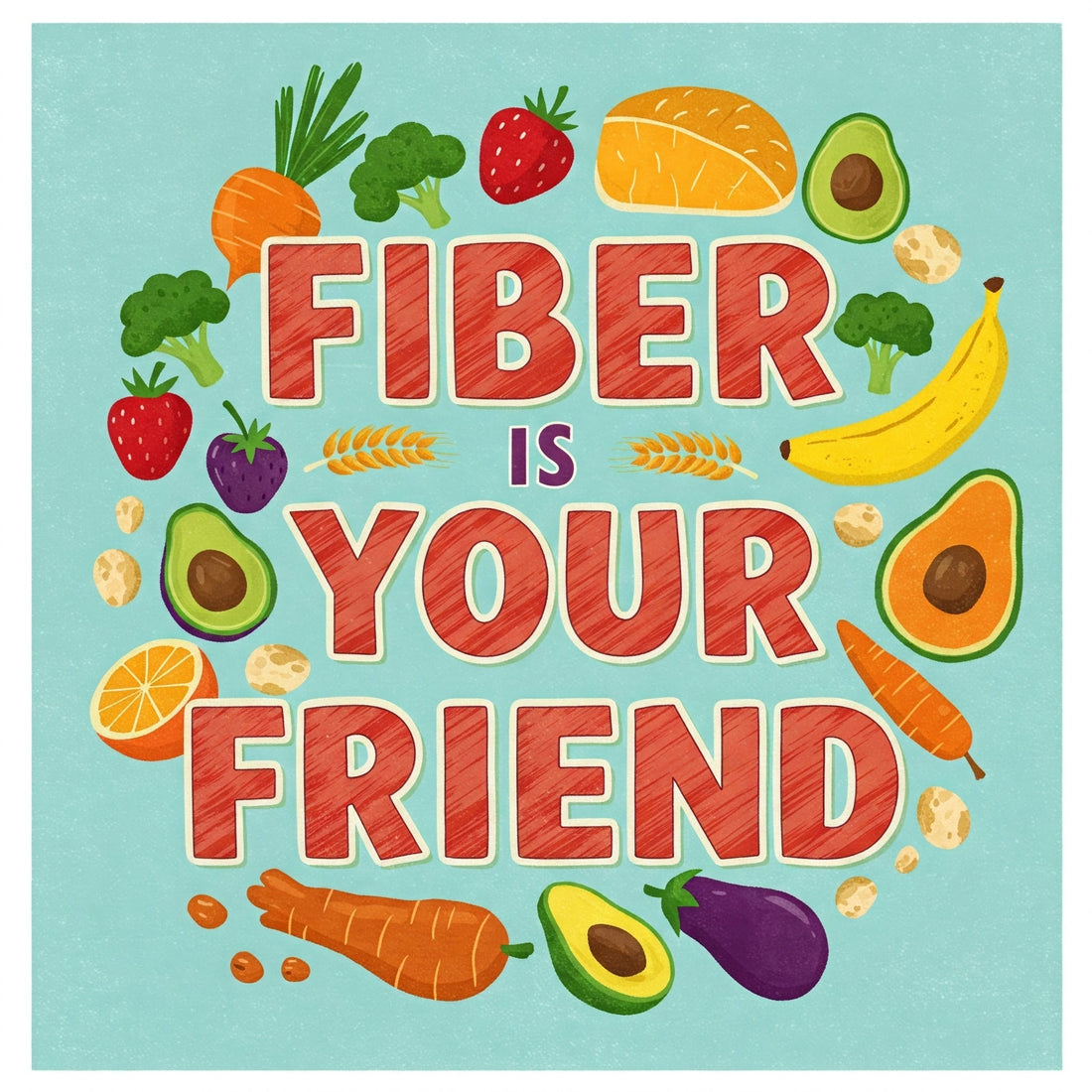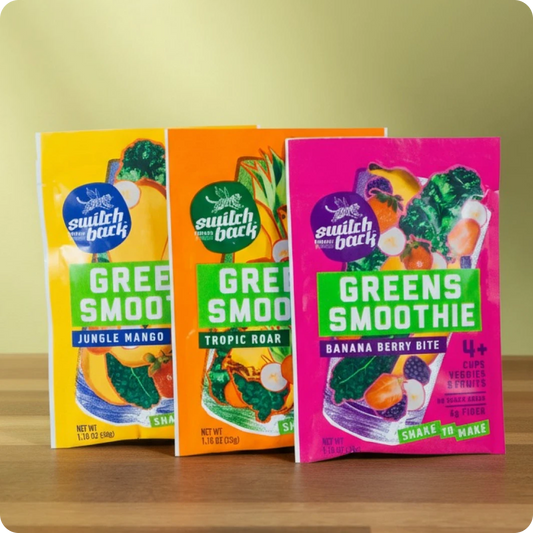
The Fiber Frenzy: Sorting Fact from Fiction
What is Fiber and Why is it Important?
Fiber is a type of carbohydrate that our bodies can't digest. Unlike other carbs that break down into sugar molecules, fiber passes through the body undigested. This unique characteristic is what makes fiber so beneficial. It helps regulate the body's use of sugars, keeps hunger and blood sugar in check, and supports digestive health [1] [2].
There are two main types of fiber: soluble and insoluble. Soluble fiber dissolves in water, forming a gel-like substance that can help lower blood cholesterol and glucose levels. Insoluble fiber, on the other hand, doesn't dissolve in water and helps move material through your digestive system, promoting regularity and preventing constipation [1] [2].
Where Should We Get Our Fiber From?
The best sources of fiber are whole foods like fruits, vegetables, nuts, seeds, legumes, and whole grains. These foods provide a mix of both soluble and insoluble fibers, along with other essential nutrients. For example, apples, bananas, and carrots are rich in soluble fiber, while whole-wheat flour, nuts, and green beans are excellent sources of insoluble fiber [1] [2].
The National Academy of Medicine recommends that women under 50 consume 25 grams of fiber per day, while men under 50 should aim for 38 grams. For those over 50, the recommendation is 21 grams per day for women and 30 grams per day for men [1].
Debunking the "Fiber is a Lie" Myth
There's a small but vocal community online that claims fiber is unnecessary and even harmful. They argue that fiber can cause digestive issues and that the benefits of fiber are overstated. However, these claims are not supported by scientific evidence. Numerous studies have shown that a high-fiber diet can help prevent heart disease, diabetes, and certain types of cancer, and improve digestive health [3] [4].
Chicory Root and Psyllium Husk: Do They Slow Sugar Absorption?
Chicory root and psyllium husk are popular fiber supplements. Chicory root contains inulin, a type of soluble fiber that acts as a prebiotic, feeding the beneficial bacteria in your gut. Psyllium husk is also rich in soluble fiber and is often used to relieve constipation and improve overall digestive health [5] [6].
Both chicory root and psyllium husk can help regulate blood sugar levels by slowing the absorption of glucose in the gut. This can be particularly beneficial for people with diabetes or insulin resistance [5] [6].
Where to Get Your Fiber
For the best health benefits, aim to get your fiber from whole foods first. This means incorporating a variety of fruits, vegetables, nuts, seeds, legumes, and whole grains into your diet. If you find it challenging to meet your fiber needs through food alone, fiber supplements like psyllium husk or chicory root can be a helpful addition [1] [2] [5] [6].
Fiber is an essential part of a healthy diet. It supports digestive health, helps regulate blood sugar levels, and can prevent a range of chronic diseases. So, don't buy into the myths—embrace the fiber frenzy and enjoy the benefits of a high-fiber diet!




